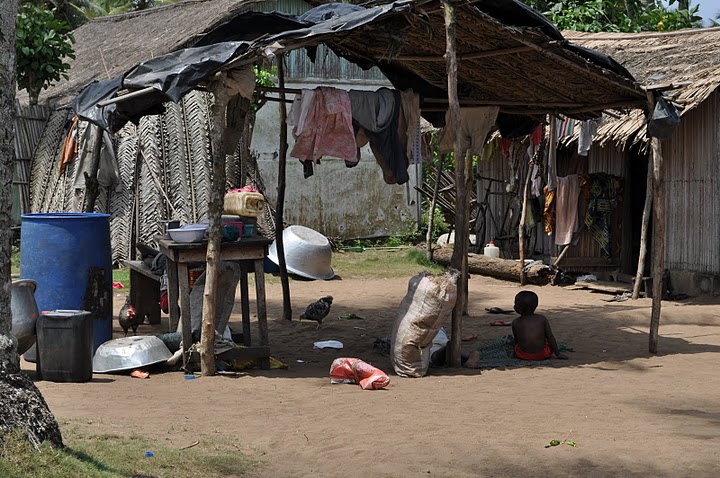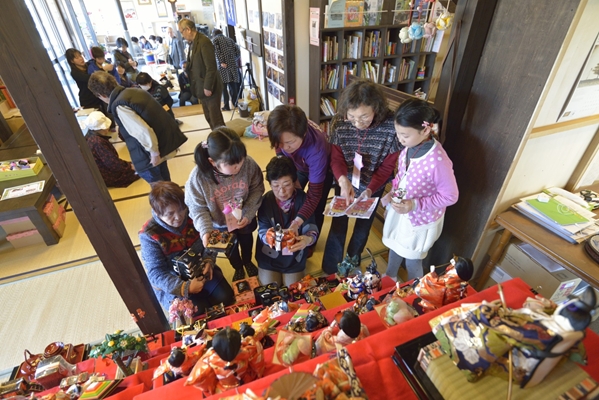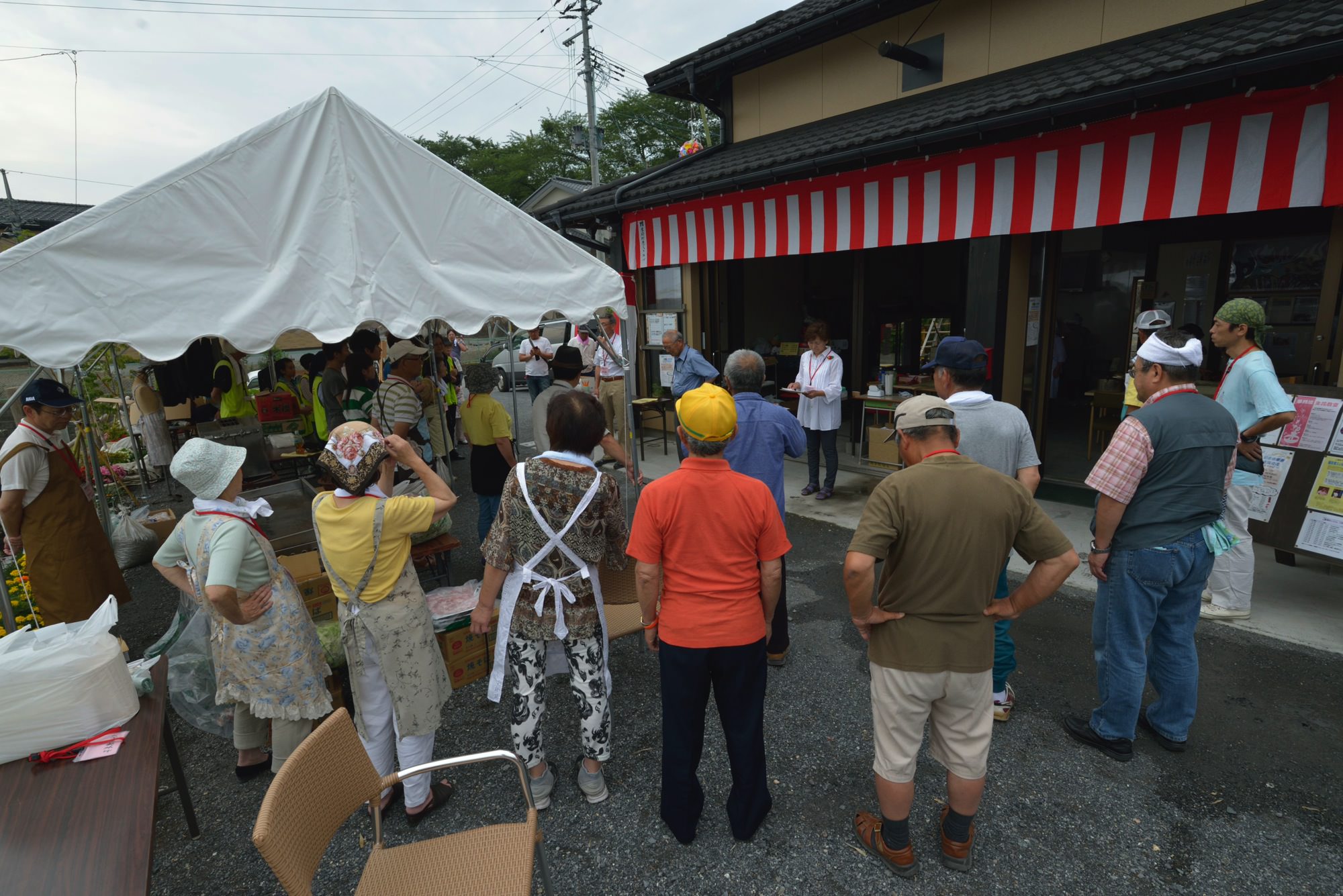Many academic literature and articles suggest the importance of “multi-disciplinary collaboration” to create an innovative care/environmental solution for facing our aging society. I do agree upon the approach, however, theorists tend to forget to address the real issues in a real world situation.
After working on projects outside of academia, I have learned that “Theories are beautiful things, but real world is not as orderly as theories suggest… ” None of the theories warned me “there are some people who just do not get along.” When dealing with “experts” may add more complexity, because they have such a strong and different worldview. As a result, collaboration effort can easily turned out to be perceived as “continuous unreasonable compromises” for them. That is where communication issues seem to start. Every one of the team members comes with genuine intention to improve the current situation for people of all ages, however; somehow we fall into skepticism to each other sometimes. It is almost like the dots of “good intention” do not connect each other any more… Then, theories become nothing but ideal concept that practitioners find them not so useful.
I am certain that many have experienced this “communication challenge” situation during the real world projects, regardless of the scale of the projects.
I came across a quote from Dalai Lama, “Developing concern for others, thinking of them as part of us, brings self-confidence, reduces our sense of suspicion and mistrust, and enables us to develop a calm mind.” I felt that this quote captured the key to the success for real world projects.
Yes, theories should be developed with objective assessments to the phenomena in our society, yet without taking “subjective quality of human behaviors” into account, they may not be practical.
I feel the strong need of having “interpreter” between theories and practice to move our status quo into innovations–Someone has to connect these dots. Although it can be challenging at times, I am willing to play the role though out Ibasho projects.





